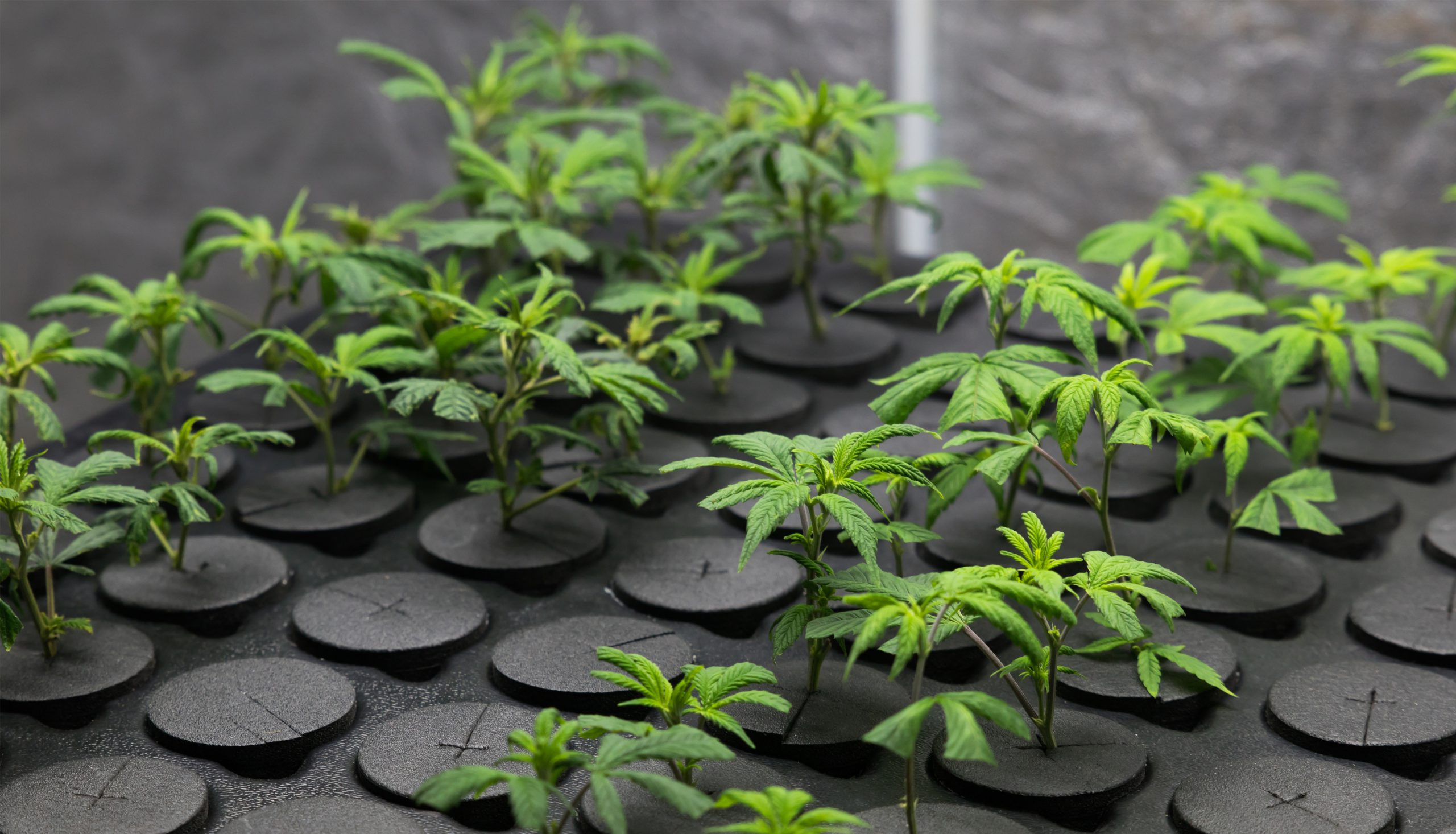How productive is "cloning" in agriculture?
Plant cloning in agriculture is a productive method that produces a copy or identical genetic copy of a parent plant. There are various methods for cloning plants such as cuttings, division, offset, bulb, runner, layering, transplant, and micropropagation. These methods are suitable for home gardeners or farmers. Farmers usually clone plants such as cultivated bananas, grapes, oranges, flowers, houseplants, and ornamental species.
Genetic uniformity
With plant cloning, a large number of genetically identical plants are produced from a single parent. The advantage of this genetic uniformity is that, in this way, all genetic characteristics from the first plant will be transmitted to others, but through sexual reproduction, not all genetic characteristics may be transmitted. Of course, this can reduce genetic diversity, but it also has benefits.
Genetic modification can also have a great impact on improving products. In this way, we can transfer all the positive characteristics we want to the desired plant.
Disease resistance
Another benefit of plant cloning in agriculture is that it allows growers to grow plants that they know are resistant to devastating diseases, which can be done through genetic modification. Disease resistance makes the use of herbicides and pesticides less than before, and as a result, it brings fewer economic losses.
Spread of disease
To avoid plant disease, clones should only be made from healthy and disease-free parents. With this, you should make sure that the plants do not have any diseases and that they can be propagated safely.
However, if diseased plants are cloned and propagated, this can cause outbreaks and spread of disease, contaminating crops and affecting many producers and consumers. The rhizomes used for banana cloning are difficult to detect if they are infected with Panama disease, so if this work is not done professionally, banana cloning can lead to the spread of this devastating disease.
Retaining the most desirable features
By cloning, it is possible to maintain the most desirable features of the plant, such as taste, color, size, and disease resistance and pests, and also create and grow them in plants by genetic modification. Growing plants sexually through seeds does not bring such a high degree of ability to create desirable characteristics. Maintaining desirable characteristics can increase product performance and quality.
Growing predictability
It is completely identical in simulating genetic traits and this helps to accurately predict plant growth patterns and meet its needs for optimal results. This can help to increase the number of products and increase the profit of the business.
Last word
As we said, cloning is cheaper, easier, and faster than seed propagation for certain plant species, such as many houseplants and fruit. Also, various conditions such as weather can destroy the seed's ability to reproduce, and such factors do not have much effect on plant cloning. In general, the cloning process has made a great impact on the agricultural industry and it is effective in increasing the products and the profit from them.



